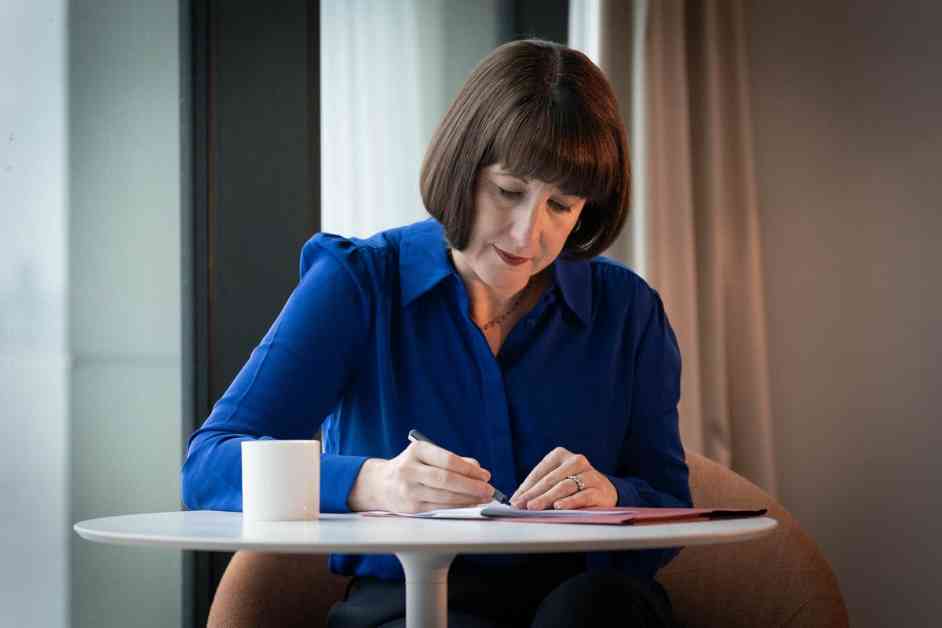The election is still neck and neck, with Rachel Reeves facing a tough challenge of filling a £40bn gap in her spending plans without breaking Labour’s promise not to raise income tax or national insurance. The chancellor has warned that tough decisions need to be made in order to balance the books, potentially leading to tax hikes and spending cuts.
Despite a drop in inflation to 1.7 percent, benefit payments may not need to be raised as much as expected, but this also means less revenue will be generated from freezing income tax band thresholds. Speculation is rife that a £25bn tax increase may be announced in the upcoming Budget, putting pressure on areas like benefits and international aid.
The Institute for Fiscal Studies (IFS) has warned that raising income taxes may be inevitable, given the size of the financial gap. Former Bank of England governor Mervyn King has suggested increasing national insurance contributions, adding to the dilemma facing Rachel Reeves.
On a positive note, falling inflation rates could lead to further interest rate cuts, providing some relief to the economy. State benefits will rise by 1.7 percent next year, while the state pension will see a larger increase of 4.1 percent due to the triple lock mechanism.
Lower airfares and petrol prices have contributed to the decrease in inflation, although food and non-alcoholic drink prices have seen an increase. The overall inflation rate of 1.7 percent marks a return to more normal levels, but remains higher than rates seen in early 2021.
Financial experts are hopeful for an interest rate cut in the near future, with some predicting a base rate as low as 4.5 percent by the end of the year. The decline in inflation is seen as a positive sign for the economy and could help in addressing some of the financial challenges ahead.
As the government grapples with balancing the books and making tough decisions on taxation and spending, the impact on the economy and the public will be closely watched. Rachel Reeves faces a significant challenge in navigating these decisions while keeping true to Labour’s commitments and addressing the financial gap. With inflation rates showing signs of improvement, there may be some room for optimism in the economic outlook.












